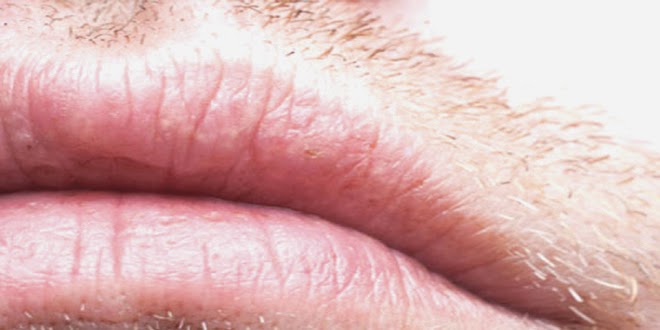
Senate erred on underage marriage – FIDA By: CHIOMA UMEHA International Federation of Women Lawyers (FIDA), Nigeria, has condemned the resolution recently passed by the Senate to retain the constitutional provisions that considers a married underage girl as an adult. A statement issued yesterday and jointly signed by the National President, Hauwa Evelyn Shekarau, and National Secretary, Chigoziri Ojiaka, said the decision of the lawmakers contradicts the views of Nigerians as expressed during the recent constituencies consultations, which was part of the ongoing constitutional review process. “FIDA, Nigeria, expresses her utter dissatisfaction with the resolution passed by the Senate to retain the provisions of section 29 (4) (b) of the 1999 Constitution of the Federal Republic of Nigeria, which deems a married underage girl as an adult, contrary to the general views of Nigerians as expressed during the recent constituencies consultations conducted as part of the ongoing





